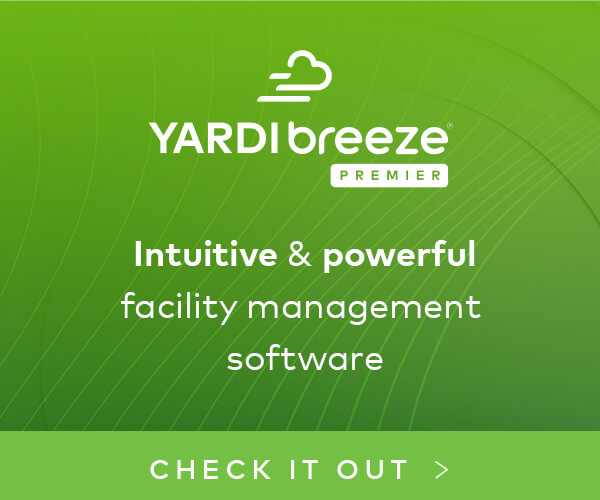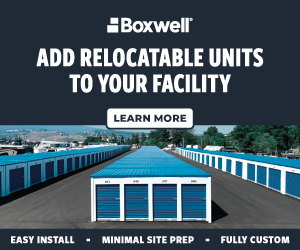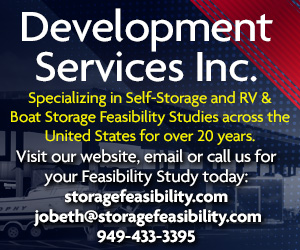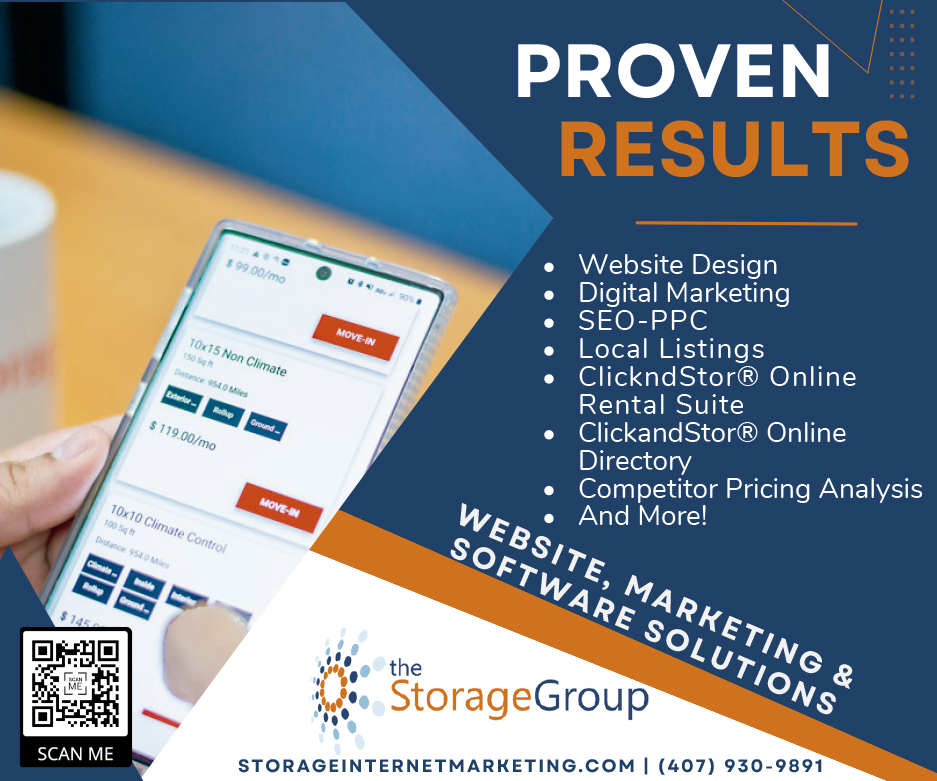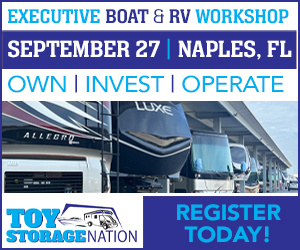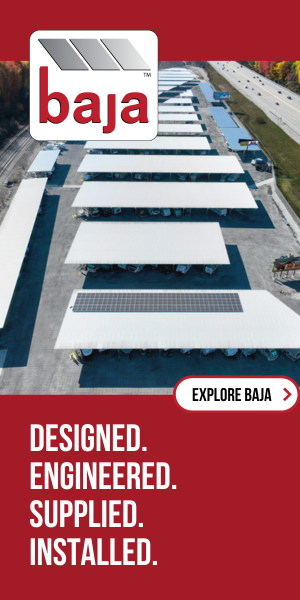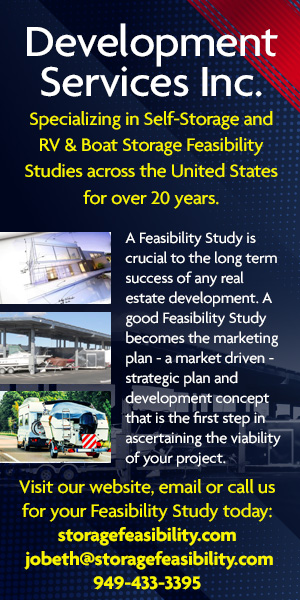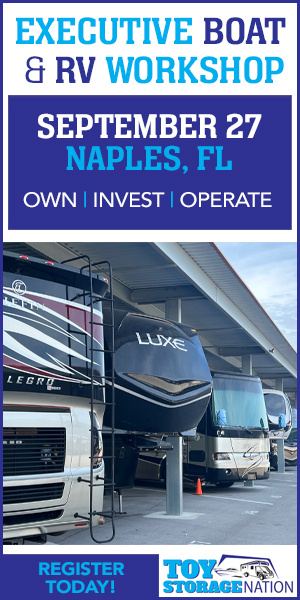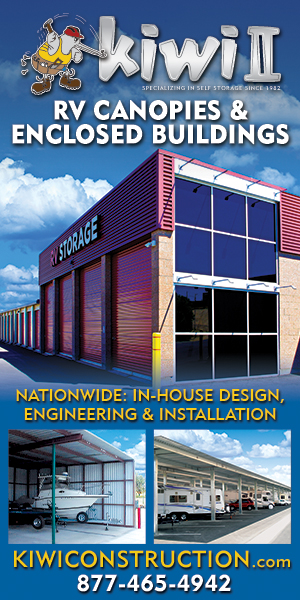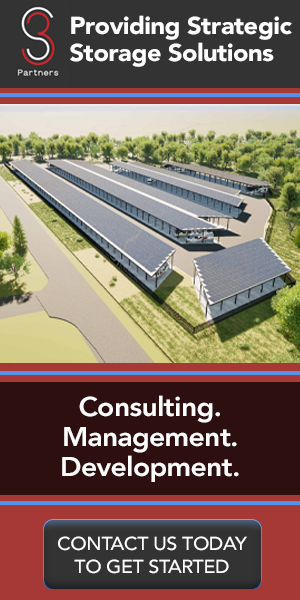Navigating the planning and zoning process for RV and boat storage development can be challenging and complex. Toy Storage Nation has turned to experts Barry Sherman and Monet Ragsdale of S3 Partners to review some key points to shed light on how to help streamline the process. Barry and Monet will delve into more details on entitlement at TSN’s Executive RV and Boat Storage Workshop, June 7, in St. Louis.


We’ve heard from developers that sometimes the entitlement process can be challenging. What are some of the hurdles they might encounter … and how can they best prepare themselves for approaching planning and zoning commissions?
Entitlement can be confusing and intimidating for anyone not familiar with the process. The hurdles and potential pitfalls will vary widely by jurisdiction. When a project is simple in a jurisdiction that a developer is familiar with it may be an easy process that doesn’t require consultants. When a project is more complex or the jurisdiction has complicated zoning regulations, it is generally most cost effective to engage a consultant that has expertise in entitlement.
Are there design elements developers should consider in anticipation of the environmental review?
Environmental review will vary by location, however, stormwater review and compliance is universal. Properly addressing stormwater is a key function of site design and the most effective stormwater design will come from a local civil engineering firm that is well versed in local regulations.
Additional environmental review can include items like wetlands and endangered species. Vetting out what environmental reviews a project will be subject to is a critical component of early due diligence.
How long does the entitlement process typically take from start to finish, and when should a developer begin the process?
The entitlement timeline will vary by jurisdiction; in some areas there will only be a building permit review, which can be completed in as little as 60 days from the time of submitting plans for review. In other jurisdictions there can be lengthy planning reviews that include public hearings and can take six months or more. As part of early due diligence a developer should review zoning to determine the entitlement process specific to their project and use that information to create a timeline to building permit.
Can you describe what happens during public hearings and how developers can best prepare themselves for the best outcome?
Whether a public hearing is at a planning and zoning commission or city council meeting, the process is generally the same. A planning department staff member will have completed a written project review and will present that to the hearing body where they walk through the project specifics and the regulations that apply to the project. Once the staff report is complete, generally, the applicant will be given an opportunity to present the project. Ideally the project consultant or architect will present on behalf of the developer with the developer available to answer any questions.
Once the presentations are complete, the hearing body will open the public hearing for anyone in the audience to speak for or against the project. After public comment is received, the hearing is closed and the hearing body will discuss the project and the board chair will ask for a motion to approve or deny the project. To prepare for the best outcome, a developer should have the staff report in advance of the meeting so they can address any concerns that will be raised in the report.
Barry and Monet are teaming up to cover all aspects of the entitlement process during TSN’s Executive RV and Boat Workshop, June 7, in St. Louis. Their presentation addresses the site selection process, preparation for public hearings, site plan approval and permitting, and working with experts to expedite the process. Learn more and register here.














